|
The American Dream has virtually always been: more + bigger = better. The fad and trend that's predominated the last many decades has been to stretch yourself to the limit in order to acquire the most impressive home possible. This home would prove that you were successful, and obviously make you comfortable and happy. Over many decades, that's turned into crazy-big homes which required large incomes to buy and maintain, along with massive consumption of resources to build and live in. Now-a-days, it's not surprising that the new trend is all about the teeniest tiniest home possible. The pendulum tends to swing, doesn't it? Like most things in life, we tend to learn from experience and then often run the other way. Now, the smaller, more minimal and more mobile a home, the better. Tiny is fine if that's what you really need or want, but it's pretty extreme and unsustainable by most standards. A more manageable and still meaningful downsize might mean reclaiming older, smaller homes and shifting to a less consumerism mentality, while still participating in a mainstream community and lifestyle. ~ blog post continued below ~
|
By my math, I figure that your average, slightly overweight American can only occupy somewhere between 4 to 9 square feet at any given moment. |
Small is certainly a relative term. So small today may still be larger than it was 40 years ago. And small for you might be too tiny for your neighbor even though you might share similar goals of living a smaller and simpler lifestyle.
benefits & challenges of smaller
There are some obvious benefits of living in a smaller home:
- Less expensive to build and maintain
- Less work to clean and easier to furnish
- Less environmental impact from construction to energy consumption
- Mobility in the case of tiny homes on wheels
There are also many less obvious benefits:
- More flexibility and freedom to pursue other interests in life
- The opportunity to work less, increase your free time, and spend more time with your loved ones
- Less stuff, less clutter, less chaos
- More connection to nature, your environment, the community and the seasons
There are challenges too, for sure. It requires setting some clear priorities, making some choices, putting in the effort to off-load the material things in your life that no longer serve you. The limits of less space force you to continue to live in a less materialistic way, and might make it tricky to put up guests or host large events. Those can be emotionally charged changes for some people.
Oh, and for some the fact that their home isn't the biggest and fanciest on the block might require eliminating their egos from the equation - big challenge for many Americans.
the eco-benefits reality
With respect to the environmental benefits, it turns out that the benefits go beyond the obvious reduced footprint and resource consumption.
In a recent article, Maria Saxton found that people who downsized their lifestyles ended up reducing their environmental impact in surprising ways around food, transportation, consumption of goods and services and many other lifestyle choices. This tends to make intuitive sense to me, since the people who are motivated enough to make the downsize choice are thinking about those issues in general. But her point was that sometimes there were unintended reductions that naturally occurred.
Advantages of Smaller over Tiny
Something I haven't really seen talked about anywhere is: what about the eco-benefits of recycling already existing older homes that by definition are smaller and in more human-sized communities?
Here at The Whiskey Porch, I am advocating for smaller and simpler lifestyles, but maybe going extreme and buying/building new tiny homes isn't the most environmentally sound choice.
Often, it requires a bit of effort, time and money to bring an older home back to life, but the impact of doing so is much easier on the lifestyle adjustments while still reducing your overall environmental impact.
Consider that it doesn't have to be tiny to be a meaningful change. And if it's less daunting for the majority of Americans to go small rather than tiny, wouldn't that amount to a massive improvement in our overall well-being that's more likely to occur than the tiny-trend?
I hope we can get more people talking and thinking about this idea - even though it's not as extreme or buzz-worthy.
Thanks for reading! I wrote a recent blog post The Truth About Tiny Homes, that you might also find interesting.
Let me know what you think by sharing in the comments below. I promise to respond...
Peace and contentment,
~Miriam
This is the most sensible and balanced article I have read on this topic. One person moving to a tiny house certainly does reduce the use of resources but it is unlikely to catch on in anything like the quantity required to make a global difference. However, lots of people moving towards smaller houses will make a significant difference. By incorporating tiny house space saving and resource-saving concepts into a smaller but not tiny house it is possible to provide each member of a family with their own space, a large enough shared living area to have other families over to socialise and still stay below 1000 Square feet (or, if you live outside the only country that still uses imperial measurements, 100m2).
Hi Tim, Firstly, apologies for the delayed reply. Haven't been getting the notifications!
I am so glad you agree. I am really attempting to share this concept widely in my community and around the e-verse. It's frustrating that the buzz is focused on this impractical and unsustainable TINY house idea. I guess people think it sounds romantic. Maybe for a weekend of camping, but not to actually live in! Thanks for your thoughts. #littlehouseofmydreams
~Miriam
Leave a Reply.
Author
Hey there. I'm Miriam ~ and I've been doing this my whole life. It's my passion.
Categories
All
Art & Color
Before & After
Cottage Garden Plants
Cottages & Bungalows
Cottages Of Prescott
Design Services
Downsizing
Foraging
Gardens & Nature
Gardens Of Prescott
Herb Garden
New & Noteworthy
Nordic Lifestyle
Picnic In Prescott
Porches
Porches Of Prescott
Prescott AZ
Prescott Garden Keeping
Seasonal Living
Simple Living

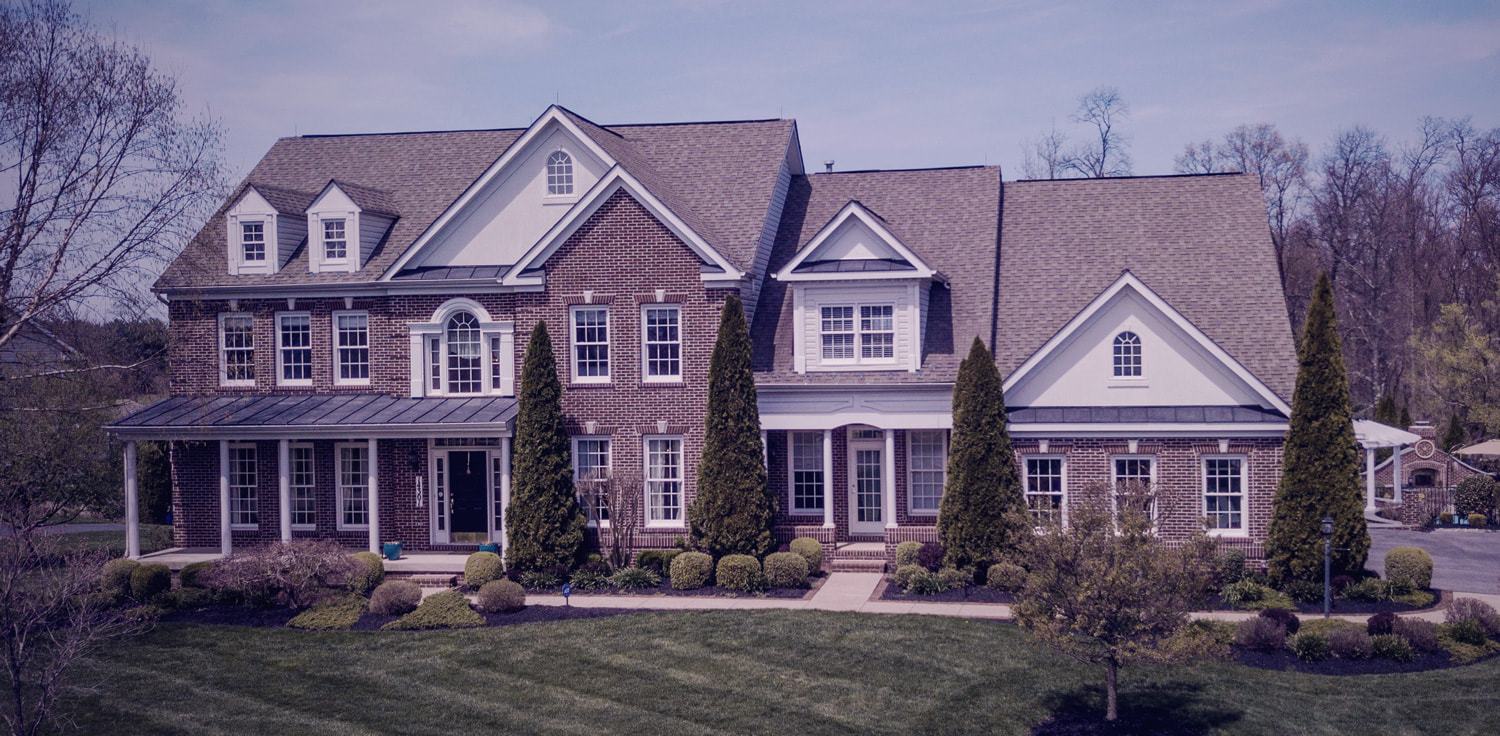
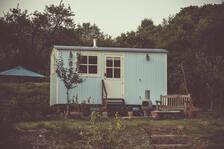
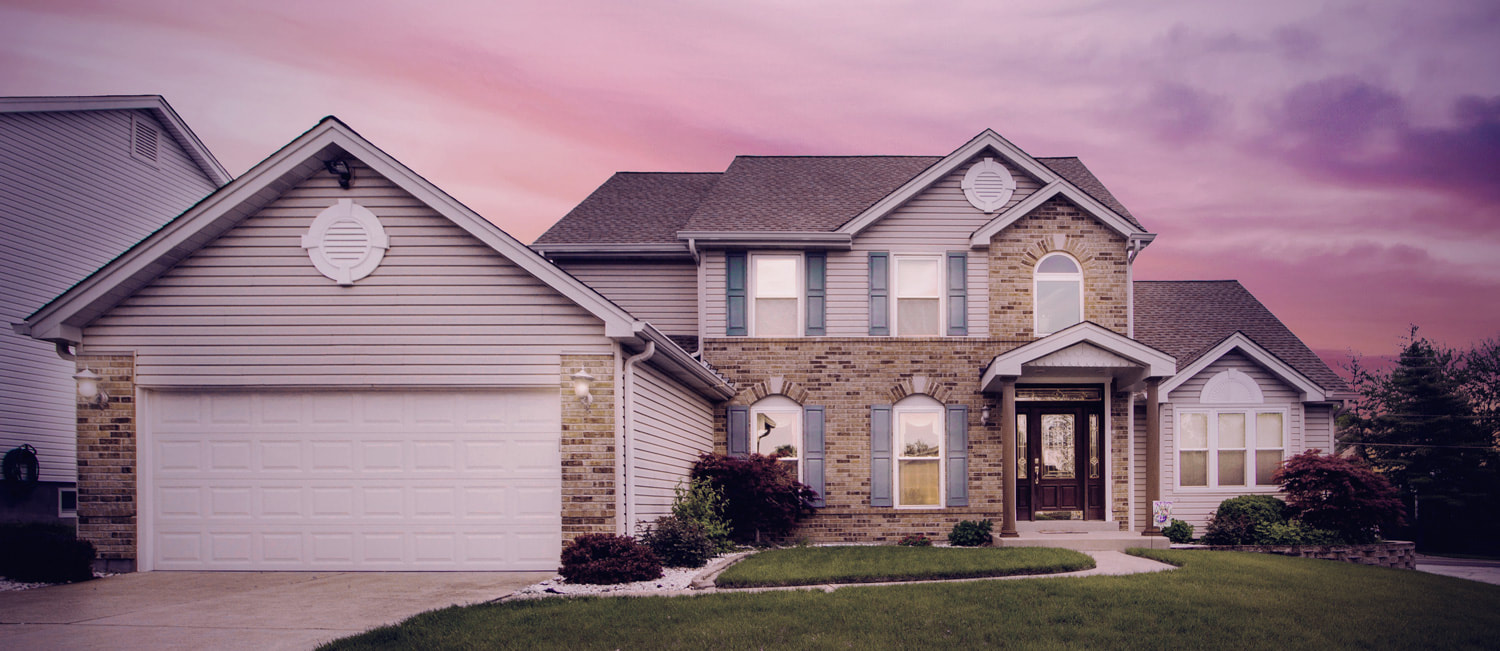
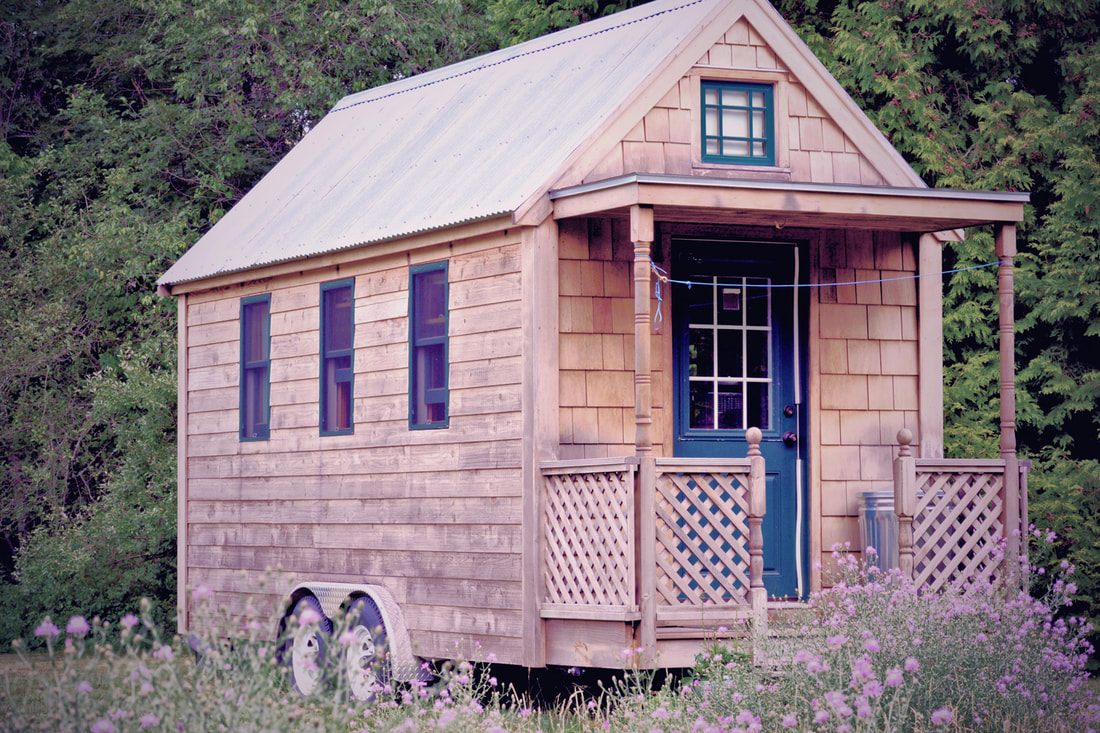
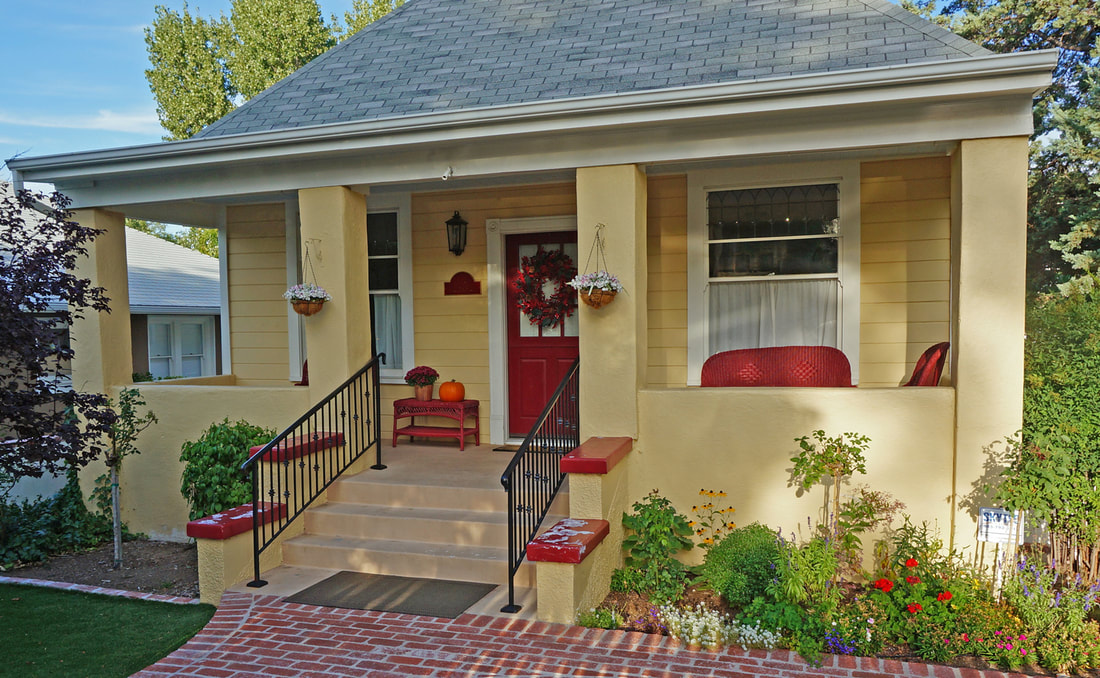

 RSS Feed
RSS Feed


